1. Suite du sixième ton: 1. Prélude
Composer: Lambert Chaumont
Artist(s): Luc Ponet, Schola Gregoriana Feminea conducted by Jan Peeters
2. Suite du sixième ton – Kyrie: 2. Fugue grave
Composer: Lambert Chaumont
Artist(s): Luc Ponet, Schola Gregoriana Feminea conducted by Jan Peeters
3. Suite du sixième ton – Kyrie: 3. Trio par contrefugue
Composer: Lambert Chaumont
Artist(s): Luc Ponet, Schola Gregoriana Feminea conducted by Jan Peeters
4. Suite du sixième ton – Kyrie: 4. Cornet
Composer: Lambert Chaumont
Artist(s): Luc Ponet, Schola Gregoriana Feminea conducted by Jan Peeters
5. Suite du sixième ton – Kyrie: 5. Duo
Composer: Lambert Chaumont
Artist(s): Luc Ponet
6. Suite du sixième ton – Offertoire: 6. Allemande gravis
Composer: Lambert Chaumont
Artist(s): Luc Ponet
7. Suite du sixième ton – Sanctus: 7. Duo en gigue
Composer: Lambert Chaumont
Artist(s): Luc Ponet, Schola Gregoriana Feminea conducted by Jan Peeters
8. Suite du sixième ton – Sanctus: 8. Dessus de tierce
Composer: Lambert Chaumont
Artist(s): Luc Ponet, Schola Gregoriana Feminea conducted by Jan Peeters
9. Suite du sixième ton – Sanctus: 9. Basse de cromorne
Composer: Lambert Chaumont
Artist(s): Luc Ponet, Schola Gregoriana Feminea conducted by Jan Peeters
10. Suite du sixième ton – Sanctus: 10. Echo
Composer: Lambert Chaumont
Artist(s): Luc Ponet, Schola Gregoriana Feminea conducted by Jan Peeters
11. Suite du sixième ton – Elévation: 11. Toccata
Composer: Lambert Chaumont
Artist(s): Luc Ponet
12. Suite du sixième ton – Agnus Dei: 12. Tierce en taille
Composer: Lambert Chaumont
Artist(s): Luc Ponet, Schola Gregoriana Feminea conducted by Jan Peeters
13. Suite du sixième ton – Agnus Dei: 13. Dialogue
Composer: Lambert Chaumont
Artist(s): Luc Ponet
14. Suite du sixième ton – Communio: 14. Récit
Composer: Lambert Chaumont
Artist(s): Luc Ponet
15. Suite du sixième ton – Ite missa est: 15. Plein jeu
Composer: Lambert Chaumont
Artist(s): Luc Ponet, Schola Gregoriana Feminea conducted by Jan Peeters
16. Magnificat avec prèlude: Prèlude
Composer: British Museum Manuscript
Artist(s): Luc Ponet
17. Magnificat avec prèlude: Magnificat quart toni
Composer: Orlandus Lassus/Tongeren Organ Manuscript (1626)
Artist(s): Luc Ponet, Schola Gregoriana Feminea conducted by Jan Peeters
18. Suite en quatre pieces: 1. Allegro
Composer: Hubert Renotte
Artist(s): Luc Ponet
19. Suite en quatre pieces: 2. Pastorella
Composer: Hubert Renotte
Artist(s): Luc Ponet
20. Suite en quatre pieces: 3. Duo
Composer: Hubert Renotte
Artist(s): Luc Ponet
21. Suite en quatre pieces: 4. Fuga à 2
Composer: Hubert Renotte
Artist(s): Luc Ponet
22. Tantum ergo: 1. Prèlude, avant le plein jeu du tantum ergo
Composer: Thomas Babou
Artist(s): Luc Ponet
23. Tantum ergo: 2. Plain jeu du tantum ergo
Composer: Thomas Babou
Artist(s): Luc Ponet
24. Tantum ergo: 3. Tantum ergo
Composer: Thomas Babou
Artist(s): Luc Ponet, Schola Gregoriana Feminea conducted by Jan Peeters
25. Tantum ergo: 4. Finale du tantum ergo
Composer: Thomas Babou
Artist(s): Luc Ponet
26. Magnificat VII toni, IG. 51: Fuga in g
Composer: Heinrich Scheidemann
Artist(s): Luc Ponet
27. Magnificat VII toni, IG. 51: Chor: Magnifict / et eultavit
Composer: Heinrich Scheidemann
Artist(s): Luc Ponet, Schola Gregoriana Feminea conducted by Jan Peeters
28. Magnificat VII toni, IG. 51: Orgel: Quia respexit
Composer: Heinrich Scheidemann
Artist(s): Luc Ponet
29. Magnificat VII toni, IG. 51: Chor: Quia fecit
Composer: Heinrich Scheidemann
Artist(s): Luc Ponet, Schola Gregoriana Feminea conducted by Jan Peeters
30. Magnificat VII toni, IG. 51: Orgel: Et misericordia
Composer: Heinrich Scheidemann
Artist(s): Luc Ponet
31. Magnificat VII toni, IG. 51: Chor: Fecit potentiam
Composer: Heinrich Scheidemann
Artist(s): Luc Ponet, Schola Gregoriana Feminea conducted by Jan Peeters
32. Magnificat VII toni, IG. 51: Orgel: Deposuit petentes
Composer: Heinrich Scheidemann
Artist(s): Luc Ponet
33. Magnificat VII toni, IG. 51: Chor: Esurientes implevit
Composer: Heinrich Scheidemann
Artist(s): Luc Ponet, Schola Gregoriana Feminea conducted by Jan Peeters
34. Magnificat VII toni, IG. 51: Orgel: Suscepit Israel
Composer: Heinrich Scheidemann
Artist(s): Luc Ponet
35. Magnificat VII toni, IG. 51: Chor: Sicut locutus est / Gloria patri / Sicut erat
Composer: Heinrich Scheidemann
Artist(s): Luc Ponet, Schola Gregoriana Feminea conducted by Jan Peeters
36. Magnificat VII toni, IG. 51: Morceau fugué
Composer: Heinrich Scheidemann
Artist(s): Luc Ponet

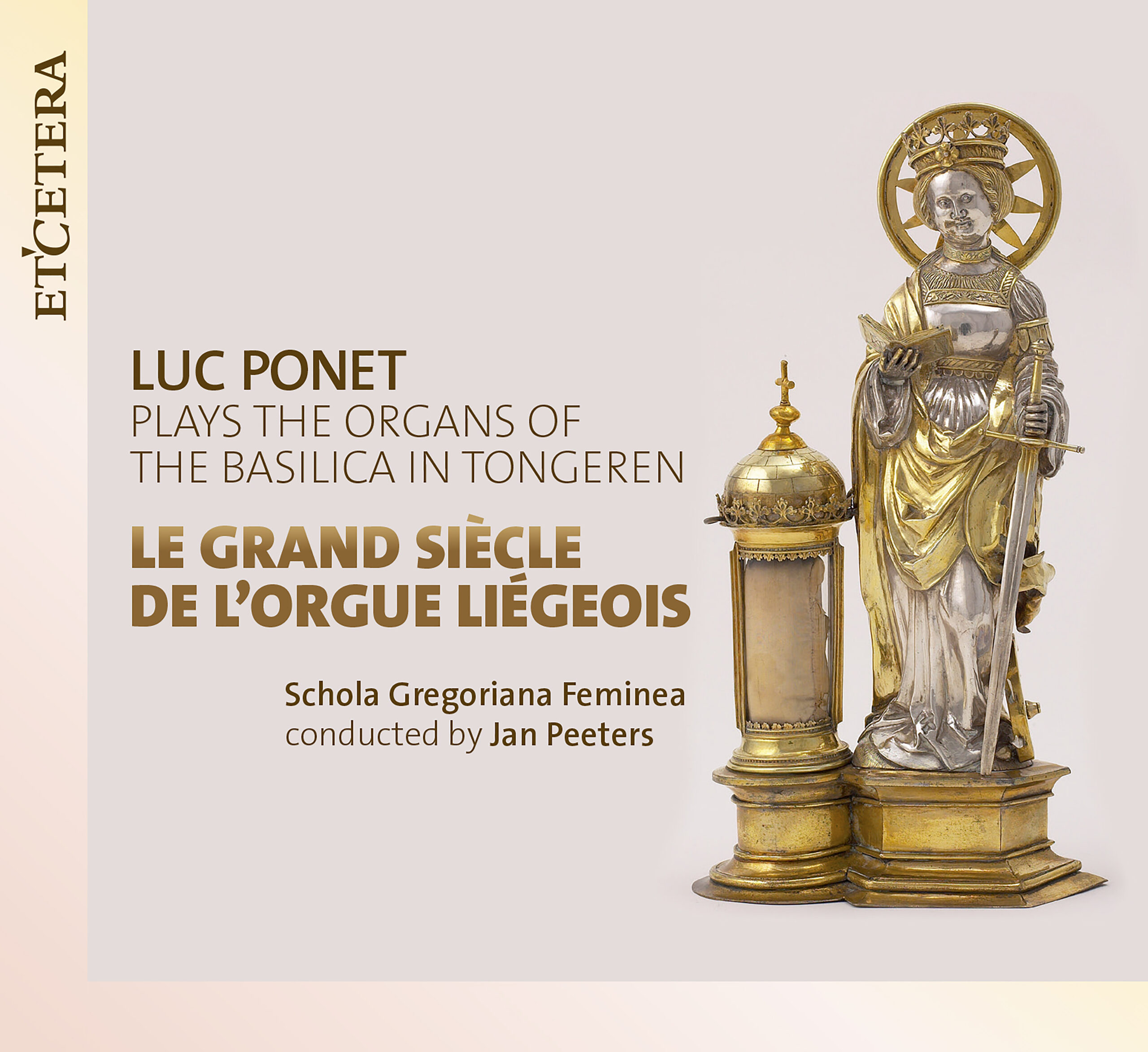
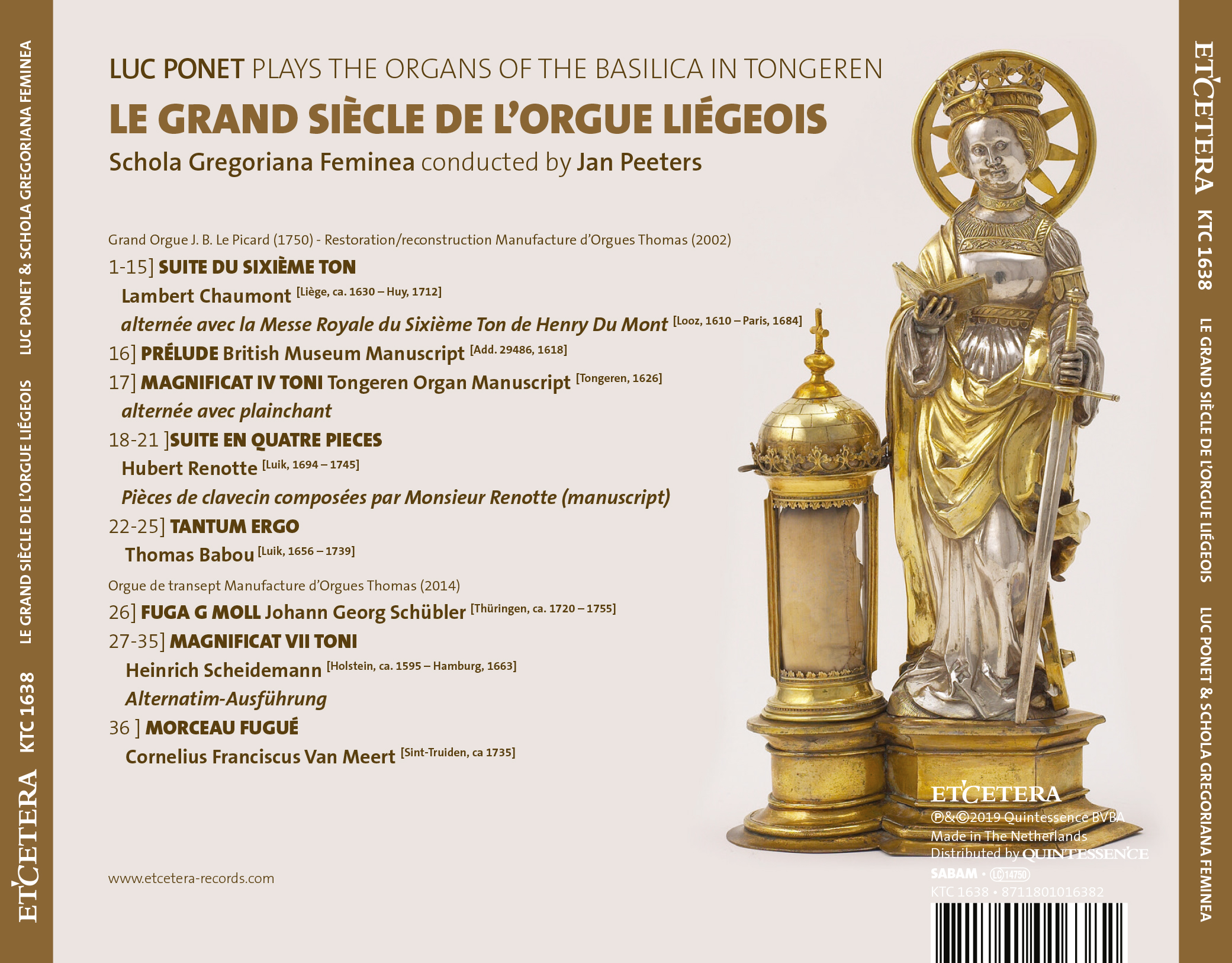

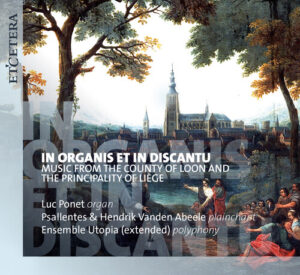
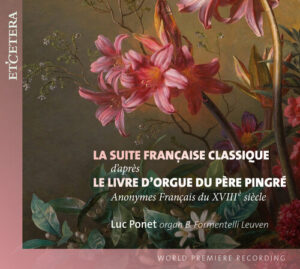
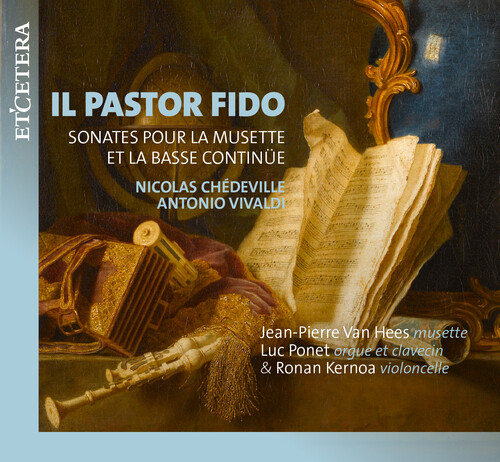
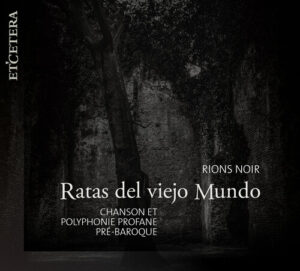
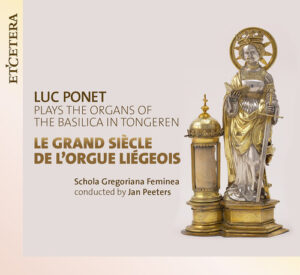
Reviews
There are no reviews yet.